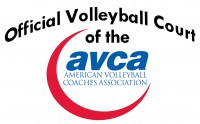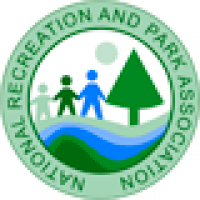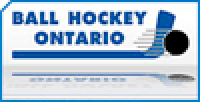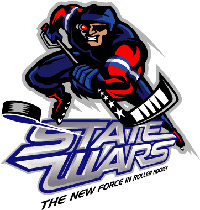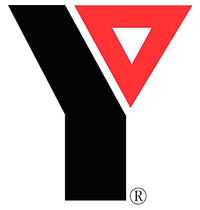-
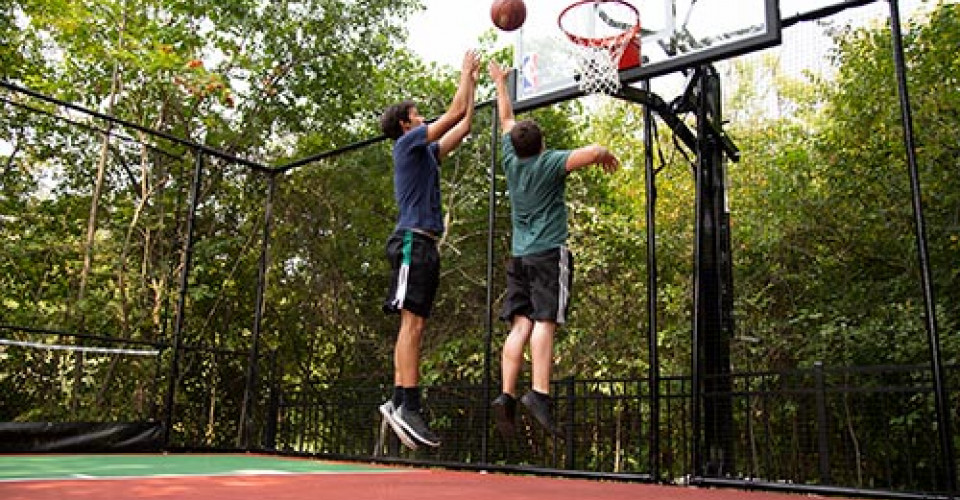 Q How Much Does Backyard Basketball Court Flooring Cost?A
Q How Much Does Backyard Basketball Court Flooring Cost?AThe cost of a backyard basketball court varies based on a number of factors. Some variables to consider when estimating the cost are: excavation to prepare the site, basketball floor size, outdoor basketball court tile choice, accessories such as basketball hoops, containment netting, and lights
-
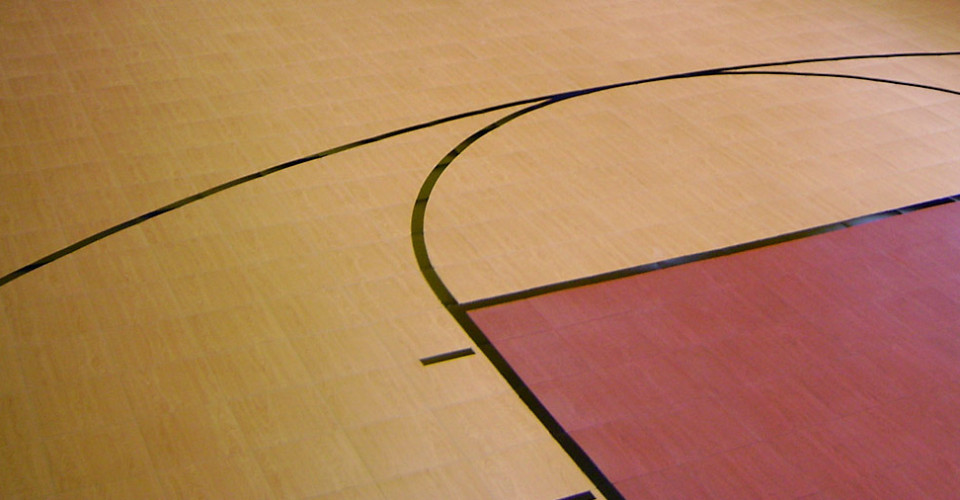 Q What Is The Best Choice for Indoor Basketball Court Flooring?A
Q What Is The Best Choice for Indoor Basketball Court Flooring?AFor indoor basketball court flooring our ProGym and ProGym Plank are ideal solutions for indoor basketball court floors. If you’re looking for the best value, you can’t beat ProGym’s 19 different standard colors and near bullet-proof performance. And, it is installed over a 3mm rubber underlayment for added cushion and sound dampening. ProGym Plank is another great option that will give you the look and feel of a real wood floor at a fraction of the cost.
-
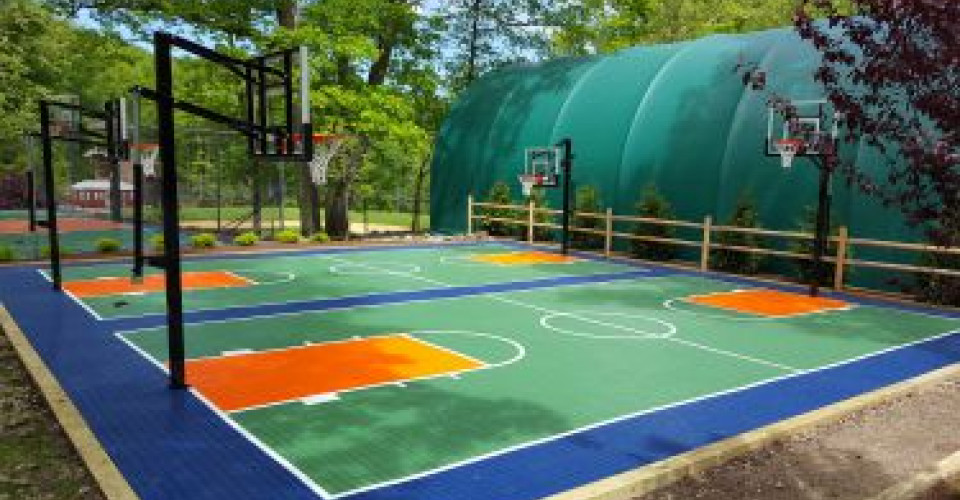 Q What Is The Best Outdoor Basketball Court Flooring Material?A
Q What Is The Best Outdoor Basketball Court Flooring Material?AMatéflex III and HomeCourt are great outdoor basketball court tiles that cover existing court surfaces. Both have perforated designs to allow water to drain through the tiles, making the court dry quicker and getting you back on the court far sooner than traditional surfaces.
Matéflex III and HomeCourt each have 19 different standard color options. Expansion joint technology allows them to conform to the subsurface and be permanently installed with no concerns about thermal expansion. Matéflex III is a long-standing strong performer and HomeCourt is a more heavy-duty tile with smoother edges for extra safety. Either is an excellent choice for your custom basketball court design.
-
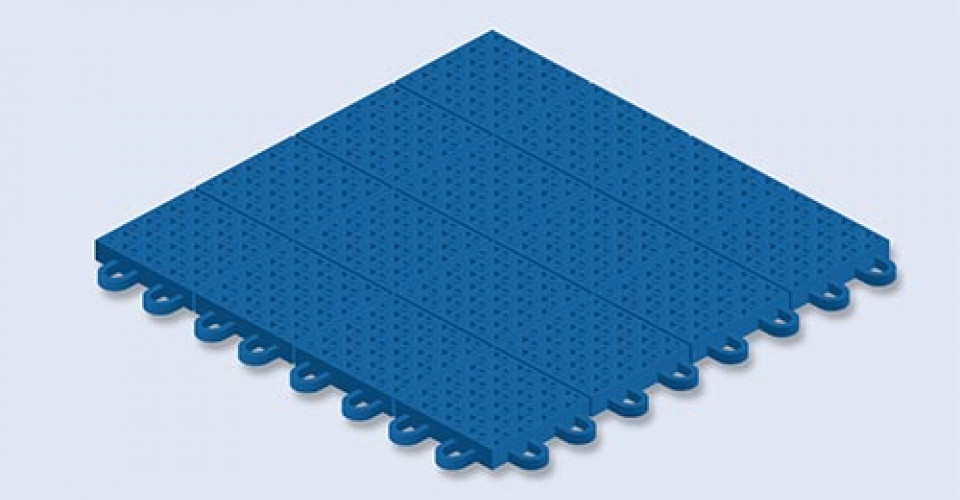 Q What type of surface should Mateflex Modular Flooring Tiles be Installed Over?A
Q What type of surface should Mateflex Modular Flooring Tiles be Installed Over?AConcrete or asphalt is preferred, but any solid, smooth and level surface will work. Please note: Our tiles can be put over crushed stone outdoors, but it is not advised for long-term performance and durability.
-
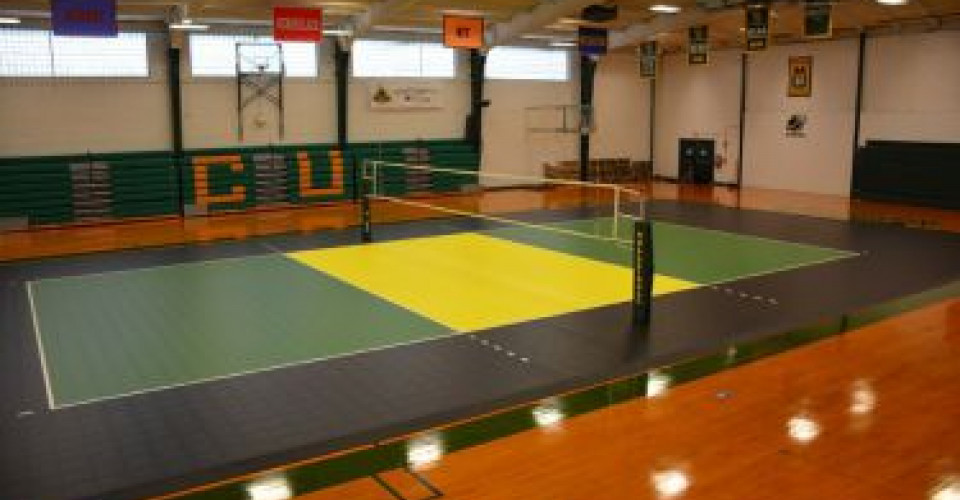 Q What is the life expectancy of Mateflex Flooring?A
Q What is the life expectancy of Mateflex Flooring?AOur courts come with a 15-year warranty but the life expectancy is more than 20 years.
Contact Us Today for More Information
-
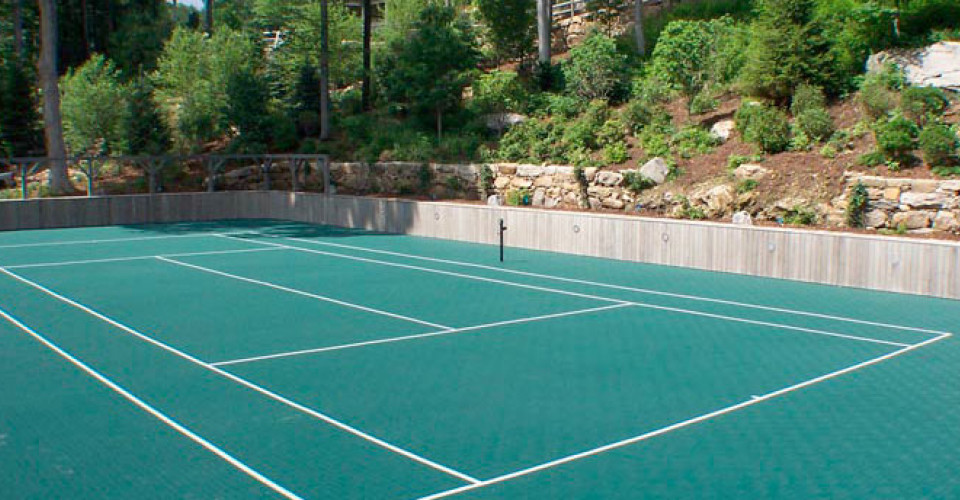 Q How Are Game Lines Applied to the Surface?A
Q How Are Game Lines Applied to the Surface?AGame lines are masked out using quality tapes then treated with specialized primers and an application of a high-performance, specialized 2-part polyurethane paint.
Small DIY courts can be painted in-house in our controlled paint room setting, but larger court layouts are typically painted on site.
-
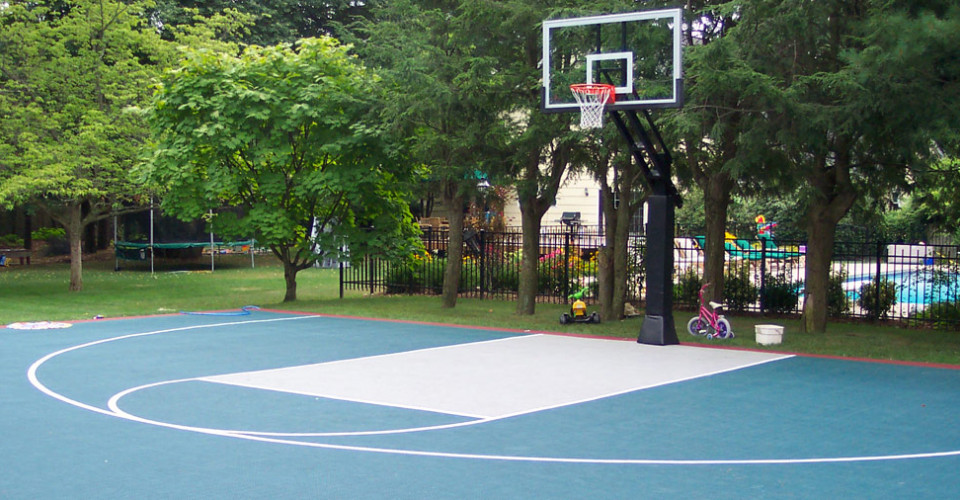 Q What is the Process to Build a Custom Backyard Court?A
Q What is the Process to Build a Custom Backyard Court?AFirst, decide what size court you want and how much space you have available. A good starting point is a 30'x60' court, which gives you room for a full 3-point line on a half basketball court and room for many other popular applications like pickleball, shuffleboard, badminton, and more.
Next, contact Mateflex with your court dimensions. We may have a representative in your area that can help build your court from the ground up, or if you have a local contractor that can get your base installed, Mateflex can provide a fully painted DIY kit.
Either way, Mateflex can walk you through the process for the most cost-effective solution. We can also provide any basketball goals, lights, containment netting, and other court amenities for your project.
-
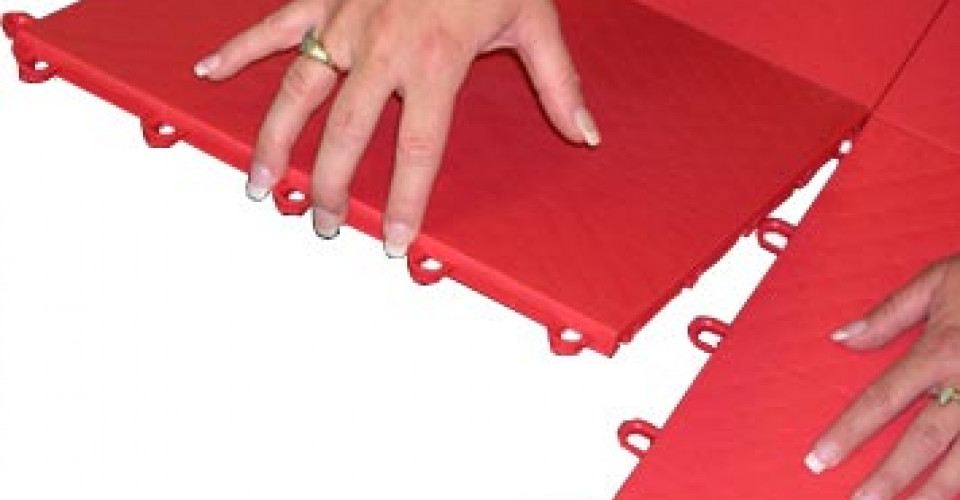 Q Can Mateflex Courts be a DIY Installation?A
Q Can Mateflex Courts be a DIY Installation?AYes! Many customers choose to do these projects on their own. If you already have a concrete or asphalt pad in place and are looking to spruce it up by overlaying our tile system, DIY is the way to go. Or, you can hire your trusted local contractor to build the base for the court and install the tiles to keep your costs down.
-
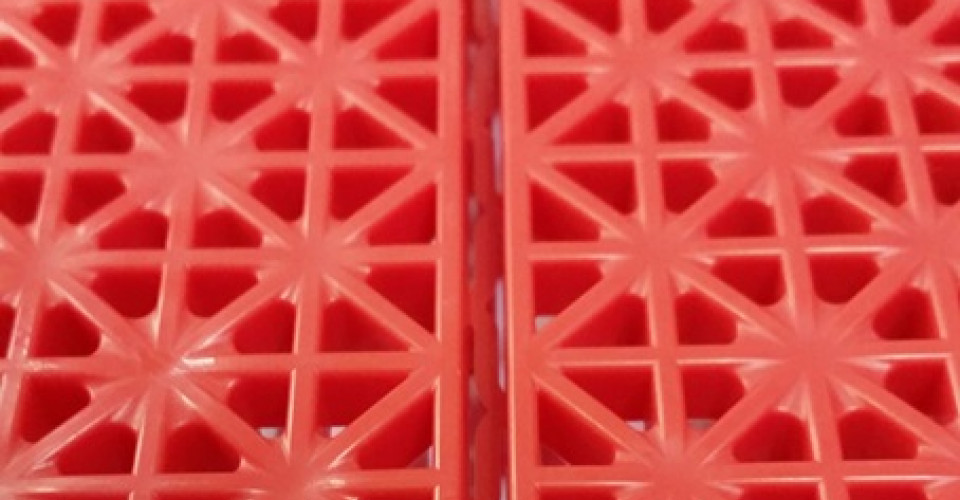 Q What Are The Advantages of the Expansion Joint Technology?A
Q What Are The Advantages of the Expansion Joint Technology?AWhen plastic is put out into the elements, it will expand and contract with varying temperatures and sun conditions. If this is not accommodated for in the design and installation of the modular tile surface, several issues can arise. The surface can shift over time, buckle in extreme heat, and cause inaccurate game line dimensions just to name a few. Matéflex accounts for all of this with its unique expansion joint technology.
This technology is what sets our outdoor court flooring surfaces above the competition for all sports. The expansion joints allow the tiles to be flexible and conform better to uneven sub-surfaces, providing more consistent ball bounces than any other outdoor tile on the market.
The expansion joints also allow the court to be fastened to the subsurface around the perimeter of the court. This is done for several practical reasons, the first being to prevent physical or thermal movement of the surface throughout its long service life. When properly fastened, the tiles are designed to expand and contract within their own footprint, eliminating any concerns with thermal expansion. This allows the tiles to be trimmed tight to any vertical obstruction, giving the court a very clean and finished look. It also ensures that your game line dimensions will be accurate regardless of temperature and sun conditions.
The expansion joint technology is one of many reasons Matéflex Flooring surfaces are the perfect balance of performance and durability for your next outdoor sports court project.
-
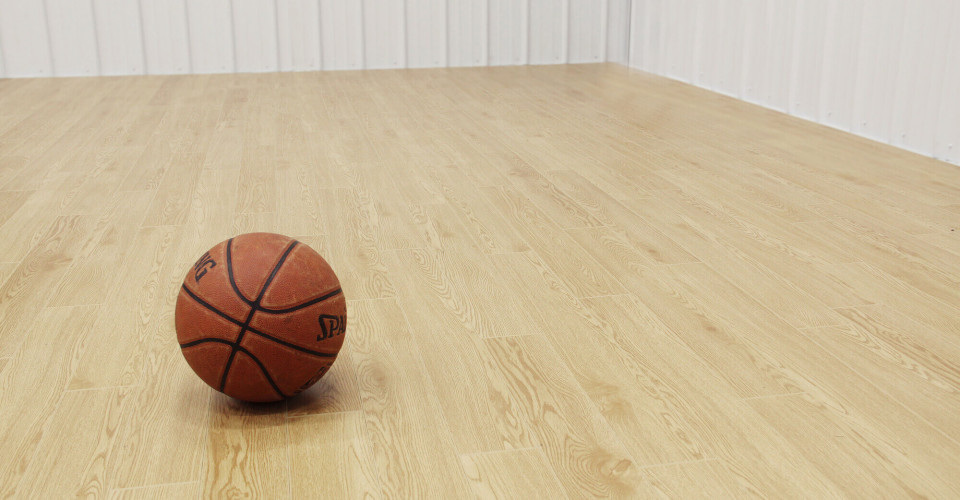 Q How does the ball react on Matéflex Modular Flooring?A
Q How does the ball react on Matéflex Modular Flooring?AWe've designed our basketball court flooring with performance in mind. The ball will react very similarly to a traditional concrete or asphalt surface. We test basketball response on all surfaces measuring the percentage of the rebound height normally produced on concrete. FIBA requires a minimum of 93% rebound, while all of Matéflex modular tile surfaces range from 99%-100%.
-
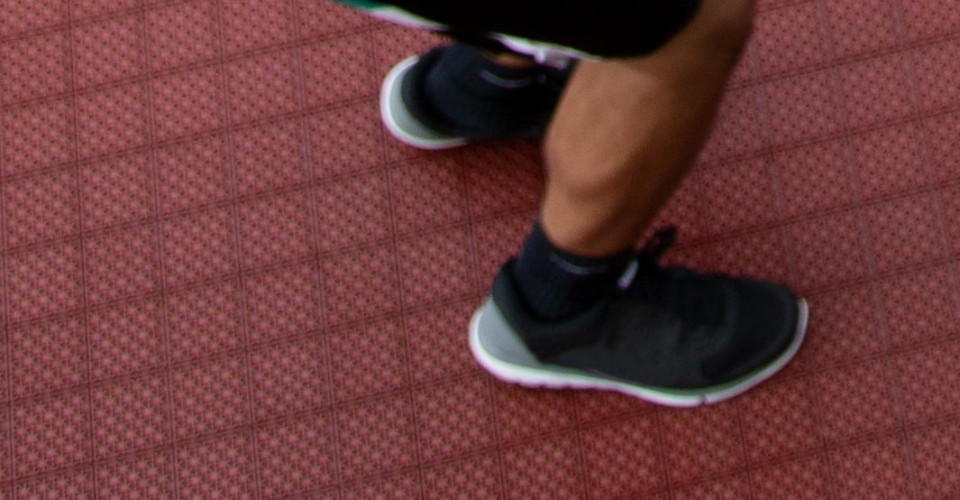 Q Are The Tiles Slippery When Wet?A
Q Are The Tiles Slippery When Wet?AAs with any surface, the tiles can be slippery when wet. With that being said, our tiles typically dry quicker than traditional surfaces—allowing you to get back to your game as soon as possible.
-
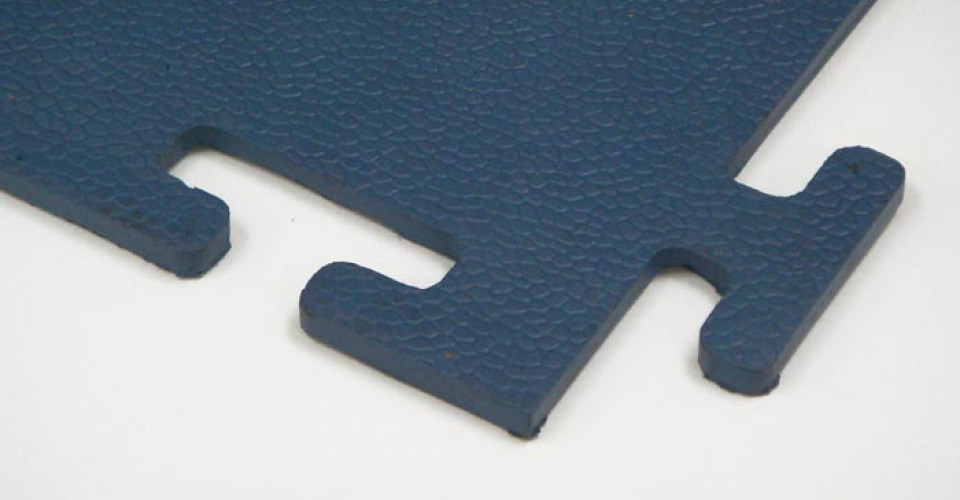 Q How Much Does Multi-Purpose Gymnasium Flooring Cost?A
Q How Much Does Multi-Purpose Gymnasium Flooring Cost?AThe cost of gymnasium flooring depends on the type of surface you choose. Gym flooring can start on the low end with VCT tile around $3.00 per square foot and go all the way up to hardwood flooring that can be $15.00 or more installed. Synthetic flooring would fall somewhere in between.
It's important to think beyond the initial investment and consider the ongoing maintenance requirements for your choice of flooring. Mateflex offers competitively priced flooring options that require minimal maintenance and can be easily repaired if any problems do arise.
Check out our commercial gym flooring options.
-
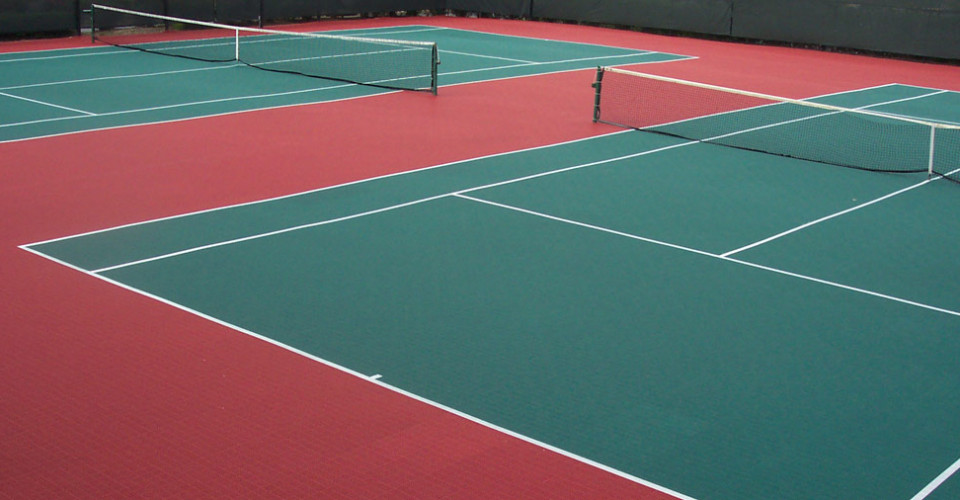 Q How Often Does a Tennis Court Need To Be Resurfaced?A
Q How Often Does a Tennis Court Need To Be Resurfaced?AIn general, most acrylic hard tennis court surfaces should be resurfaced every 4 to 8 years. This depends on a variety of factors, including how much use the court gets, how well it is maintained, and the climate in which the court is installed. There are several Matéflex tennis court tiles that have been in use for over 20 years.
-
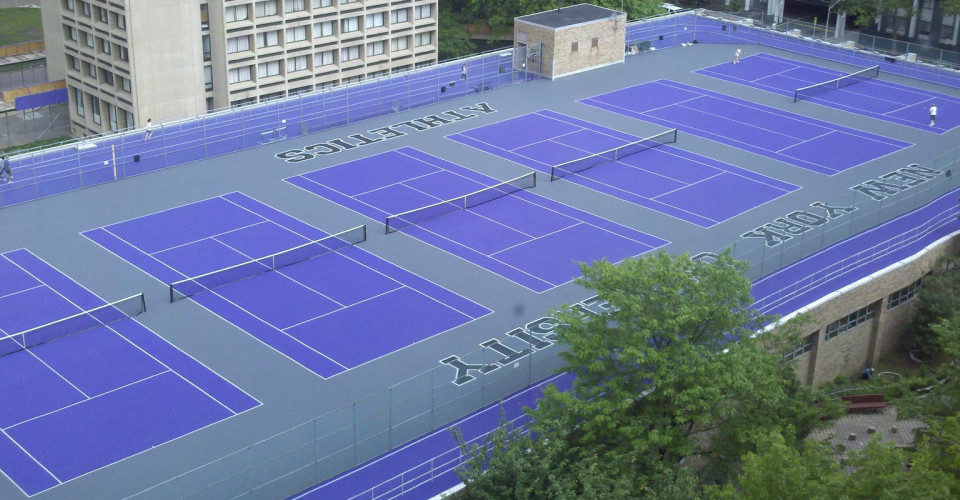 Q How Much Space Do You Need To Build A Tennis Court?A
Q How Much Space Do You Need To Build A Tennis Court?ATraditional tennis court surfaces take up a 60'x120' space. The playing area is 36'x78' with 12' of out-of-bounds space on each side of the court and 21' of out-of-bounds space at each end of the court.
Trees and vegetation should be kept away from the court to help prevent leaves and debris from collecting on the court. These can degrade a traditional surface over time without proper upkeep.
-
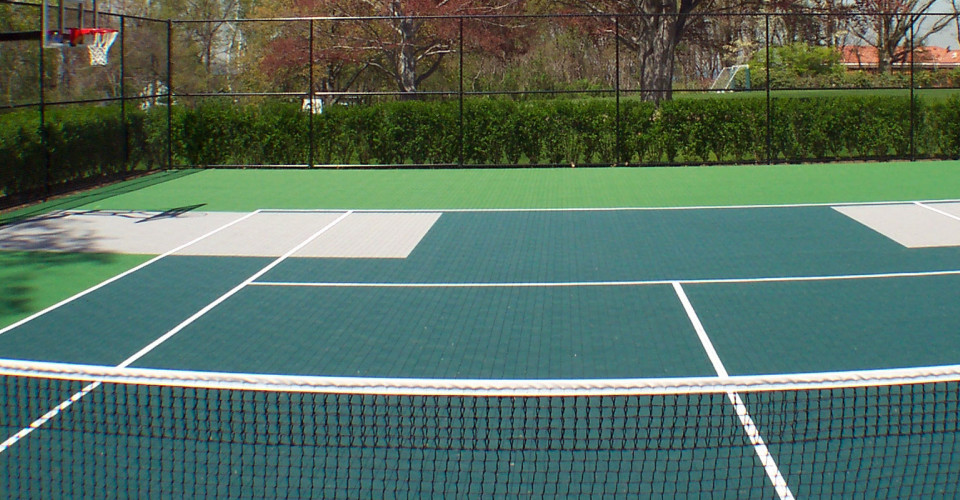 Q How Much Does It Cost to Build A Home Tennis Court?A
Q How Much Does It Cost to Build A Home Tennis Court?AThe cost to build a tennis court in your backyard can vary dramatically depending on the existing terrain and what options you would like for your tennis court surface and amenities. Roughly speaking, a ground-up build of a new tennis court can cost between $50,000 and $100,000.
-
 Q Do you ship outside the US?A
Q Do you ship outside the US?AYes! Mateflex ships worldwide, please contact a representative about your project and we will be able to assemble your pricing with international freight included.
-
 Q I have some tiles in the middle of the floor that are scuffed up and need to be replaced. What is the procedure to remove the old tile and replace with a new tile?A
Q I have some tiles in the middle of the floor that are scuffed up and need to be replaced. What is the procedure to remove the old tile and replace with a new tile?AOne of the main advantages of using a modular tile system is the ability to easily remove and replace tiles in the center of your court. This ability is valuable for court owners should they need to replace a damaged tile or access the subsurface underneath their flooring. To remove a tile, we would recommend using a wide, thin tool (such as a standard 5 in 1 tool or putty knife) to gently wedge between the seams of your tiles, using the edge of the tile as a lever to pop up the locks underneath. Once you have disengaged a large enough section of tile locks, you should be able to remove the rest of the tile by hand. See how we would remove a tile in our video below:
-
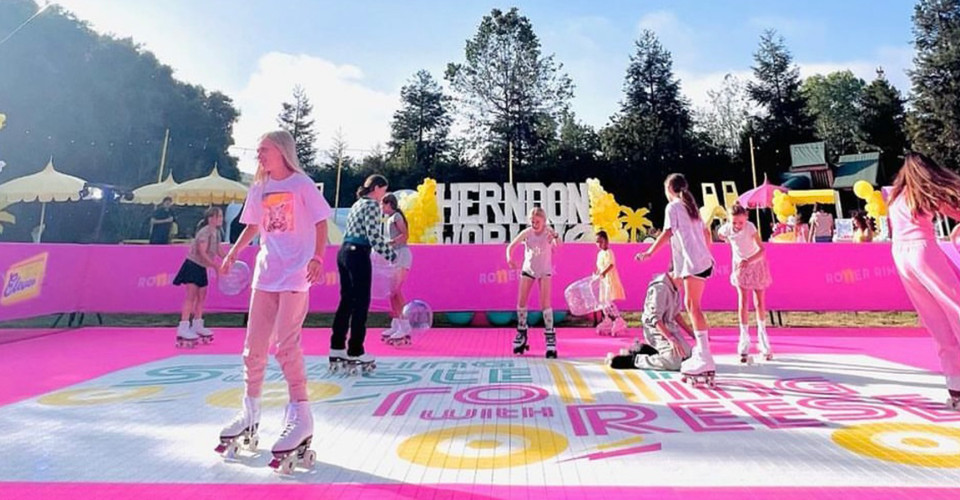 Q Are Mateflex tiles portable?A
Q Are Mateflex tiles portable?AYes! Mateflex tiles can be temporarily placed for either seasonal or event use. For best results, we certainly recommend fastening any long-term outdoor projects to the underlying subsurface, but if you are just looking to use these tiles for a short stint such as a birthday party, pop-up event or trade show booth, our tiles are the perfect portable tile surface option. Contact a sales representative today to see how we can help custom design your portable floor!

